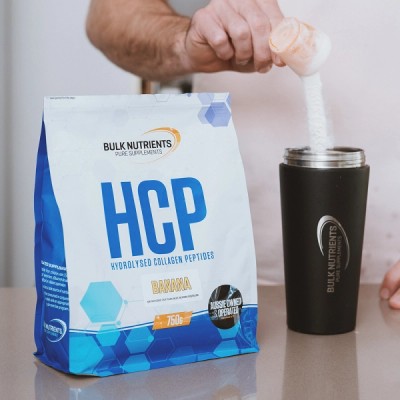
What is Hydrolysed Collagen?
Posted by Nick Telesca
Estimated reading time: 5 minutes
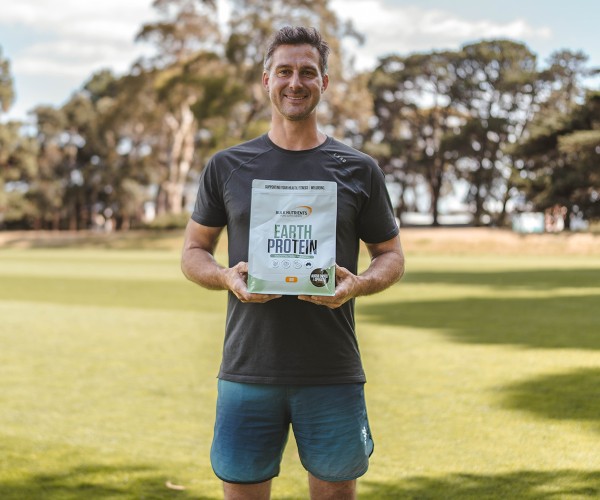
Proteins are used by the body once they are metabolised into their simplest form, amino acids. There are 20 amino acids needed by the human body for growth and metabolism, eight of these are deemed essential as they need to be sourced from our diet and cannot be synthesised by the body like the others can. The absence of any of these amino acids will compromise the ability of tissue to grow, be repaired or be maintained.
“Proteins are formed by amino acids and serve as the principal structural component of muscle and other tissues in the body.”
So, protein is essential for the ongoing growth and repair of muscle tissue and is needed primarily for the functioning of various anabolic processes in the body. But are some proteins better than others?
Plant proteins are obviously very different to animal proteins as they come from different sources.
Well even in the broad categories of plant and animal, it’s important to remember that not all proteins are the same. But if they both have around the same amount of protein per serve, what’s the difference?

Animal-based proteins are similar to our own body’s proteins. This means they’re more readily used at a much faster rate when compared to plant proteins.
But, the main difference between animal-based proteins and plant-based proteins lies with their amino acid profiles (which we just established are very important).
Plant proteins are often compromised by their limitation of one or more amino acids. The lower leucine and essential amino acid levels of some plant proteins mean that in comparison to a complete protein like whey, the body’s ability to stimulate protein synthesis and promote muscle growth is impeded.
Plants are naturally lower in protein content, and therefore require you to eat more to obtain the same amount of most amino acids that would be obtained in a serving of animal-based protein.
So the important thing about choosing a plant protein is ensuring you’re getting a good spread of amino acids at levels high enough for ultimate muscle growth and recovery.
A good spread of amino acids is key to a good protein powder
The majority of studies out there comparing plant protein to animal protein, focus on soy protein as the plant protein.
One study looked at the muscle protein synthesis response after the ingestion of plant protein vs animal protein. They found that from their study comparing whey to soy protein that plant protein doesn’t stimulate muscle growth as effectively as animal protein.
The researchers note that soy is the only plant protein to be extensively studied in a human model, and this is quite true. Soy is a very pure vegan protein and contains a great spread of amino acids, but there are other plant proteins that can be utilised in the same way as whey.
They suggest that the blending of various plant protein sources to create a more complete amino acid profile could help improve MPS response from taking plant based proteins. Well, they’re onto something here…
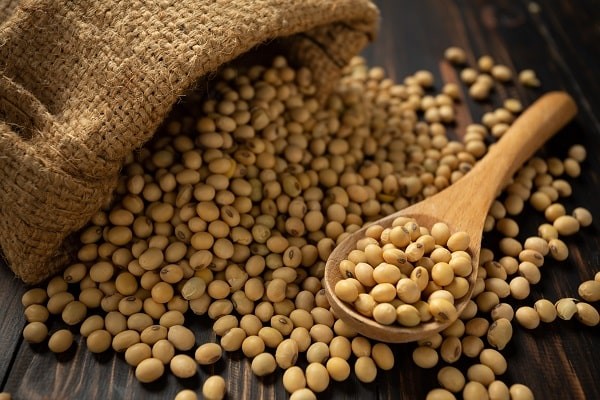
The combination of pea and rice proteins is proving to be a great plant protein option with blends of these two proteins popping up everywhere in the supplement market.
A recent study conducted by the University of Tampa found rice protein to be a great alternative to whey and is very comparable in terms of muscle recovery and growth. The researchers suggest that further research looking at a combination of rice and another vegan protein could provide a better amino acid spread. Well, pea and rice is just that blend!
While rice protein and pea protein each have limitations on their own, combining the two provides a greater spread of amino acids and a more complete protein source.
Rice protein is high in the sulfur-containing amino acids, cysteine and methionine, but low in lysine – an amino acid important for human growth and bone health. While pea protein is low in cysteine and methionine, but high in lysine and several other amino acids such as arginine and glutamic acid, which are beneficial for muscle endurance and recovery.
Pea protein also contains the important branched-chain amino acids isoleucine, leucine, and valine, which have been shown to contribute to muscle protein synthesis and support recovery from exercise.
Combining rice protein and pea protein offers a superior amino acid profile, which is comparable to dairy or egg proteins.
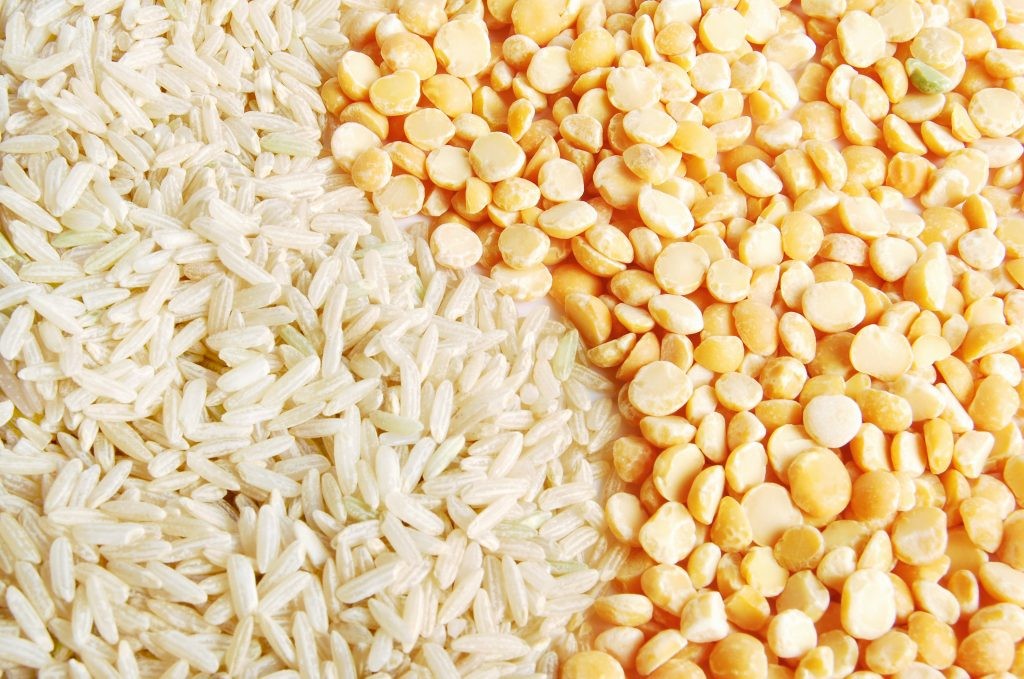
Our vegan blend of organic rice and pea protein, Earth Protein, is a great choice if you’re after a plant-based protein.
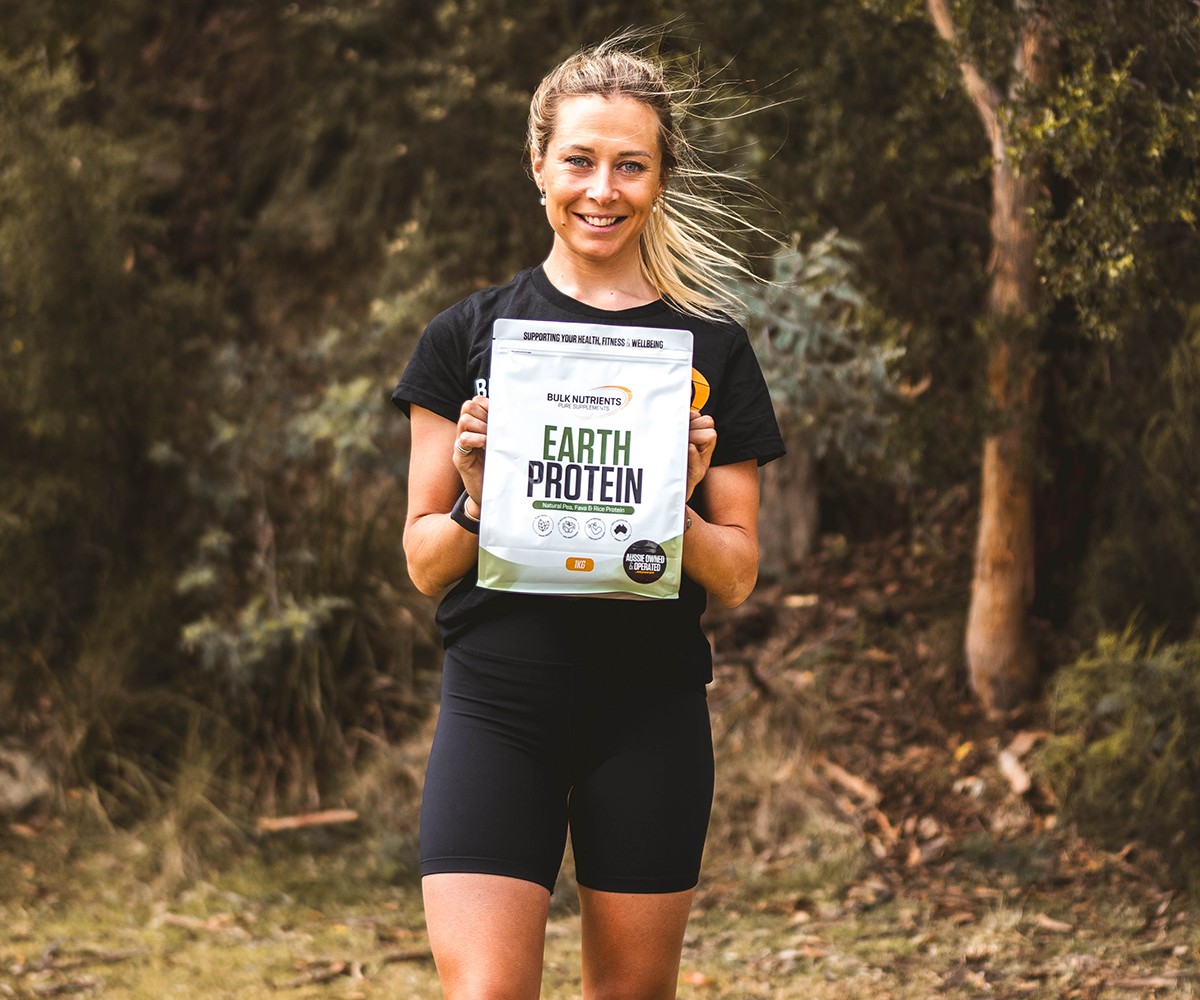
It offers a full balanced spectrum of 18 amino acids (which cannot be gained from either in isolation), in levels that are ideal for muscle growth, recovery and repair. It’s also very low in fats and carbohydrates.
Check out Earth Protein for yourself.

Ellie’s an absolute copywriting boss from Hobart, Tasmania!
She's an amateur powerlifter who's crushed it in several competitions, and she's got all the keto knowledge to keep her fuelled up for her workouts.
One thing you'll always find in Ellie's pantry is a jar of peanut butter - she's obsessed.
More about Ellie HearnWith over 700 recipes and articles, the Bulk Nutrients Blog has something for everyone! Find a new workout, meet our ambassadors or take a deep dive into our products today.
We're an Australian manufacturer and supplier of high quality sports supplements.
Operating since 2008, Bulk Nutrients has become one of the premier Australian brands to supply nutritional products to top level athletes, competitors and those on a journey to a healthier lifestyle.
One thing that sets Bulk Nutrients apart is that we love to talk to our customers!
Whether you need product advice, help with the website or need a change made to your order... call us on +61 3 6266 4725.
If you prefer email you can email us day or night at info@bulknutrients.com.au
For online chat, hit the 'Chat' button in the bottom right hand corner of your screen and you'll be connected to one of our lovely customer service team.
Or if you'd like to get in touch through our online contact form, that's cool too!
Terms & ConditionsSustainability StrategyPrivacy PolicyPayment InformationSitemap
All prices are in Australian dollars (AUD) and include GST unless otherwise stated.
All content copyright © Bulk Nutrients 2008 - 2024